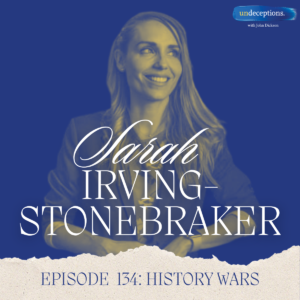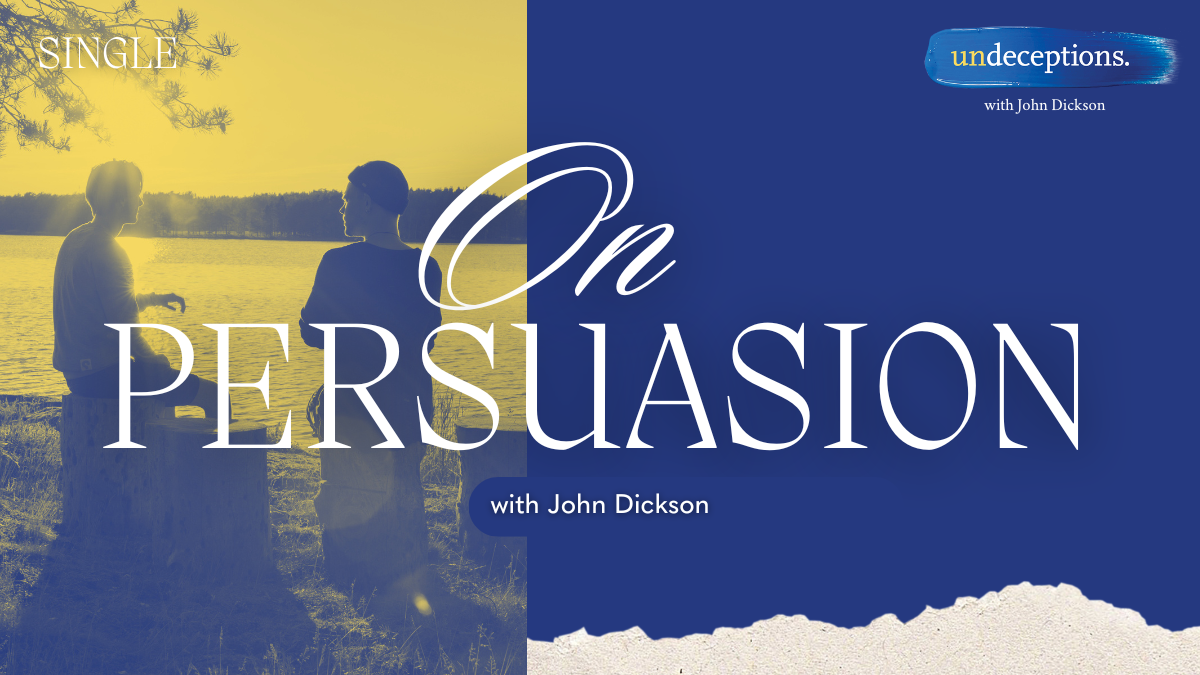In August 2019, the New York Times Magazine launched the 1619 Project, a long-form work that challenged existing norms about the founding of the modern American State.
Rather than the traditional July 1776 date (when 13 States signed the Declaration of Independence, breaking away from Britain), the project posited the American country began in 1619 when some black slaves were brought to Virginia.
What started as a 100-page special issue quickly grew into something more; in addition to many more pages in future editions of the magazine – as well as many features in the New York Times itself – a whole panel of writers and researchers were recruited to fact check the findings and a whole school curriculum was even developed.
Of course, the reaction to the Project was strong and divisive.
Conservatives in America rallied to rebut the Project, worried that teachers and students would be swept up in a hyper-critical obsession with race, while commentators on the other side of the ledger accused detractors of kicking the can of cultural racism further down the well-worn road.
The response to the 1619 Project was symptomatic of a broader historical cultural war that’s reared its head in the last decade.
Flashpoints in recent times have included the removal of statues of former British Imperial officials (Cecil Rhodes in Oxford and William Crowther in Australia are two such examples), the re-writing of curriculums (the classroom seems to be a common battleground), and even the renaming of places and cities to reflect the history of Indigenous groups.
History, it seems, is becoming an increasingly violent ideological battleground.
However, Sarah Irving Stonebraker believes that, rather than being a divisive topic, history should be a subject that encourages people to grow together and embrace both similarities and differences.
Working as a Professor of History and Western Civilisation at Australian Catholic University, Sarah notes that one of the biggest skills to be learnt from history is how to disagree.
“What we try to do is understand that people in the past saw things in very different ways than we see them today … (but) by engaging with these stories, we cultivate a sense of empathy … we cultivate a bit of intellectual humility,” she said.
“It helps us engage with others with whom we might profoundly disagree.”
But history can do more for us than just increase our social skills.
History also frames the individual within a broader story – something that Sarah believes could be a massive help for people struggling to cope with the pressures of the global West’s individualistic, identity-politics-driven social ecosystem.
It also comes with the bonus of realising that the big questions that face modern humans aren’t modern at all!
“If you re-engage with the past, you find that the most important questions that face us today as a society, like ‘How do we live? Do we have obligations to the poor and the outcast? What is a life lived well?’ … there are long conversations about all of this which stretch back for centuries, which we don’t even know about unless we engage with the past,” Sarah said.
“I think we need to think about history as something that we inhabit and that we pass down as regular human beings because history is about how we make sense of the past, and (it’s) how we’re able to engage that makes life meaningful.
“As a society, we need to ground ourselves in history to understand who we are and how we are formed.”
While the white flag won’t be waved by either side in the historical culture wars anytime soon, perhaps the history wars will drive combatants to look a little deeper.
After all, history is rife with conflict – conflict that has sometimes led to lasting, positive change.
Adapted by Alasdair Belling from Undeceptions episode 134 ‘History Wars’ with Sarah Irving-Stonebraker. Listen here


Want to be further undeceived?
Check out our network of podcasts and articles in the Undeceptions Library.













































